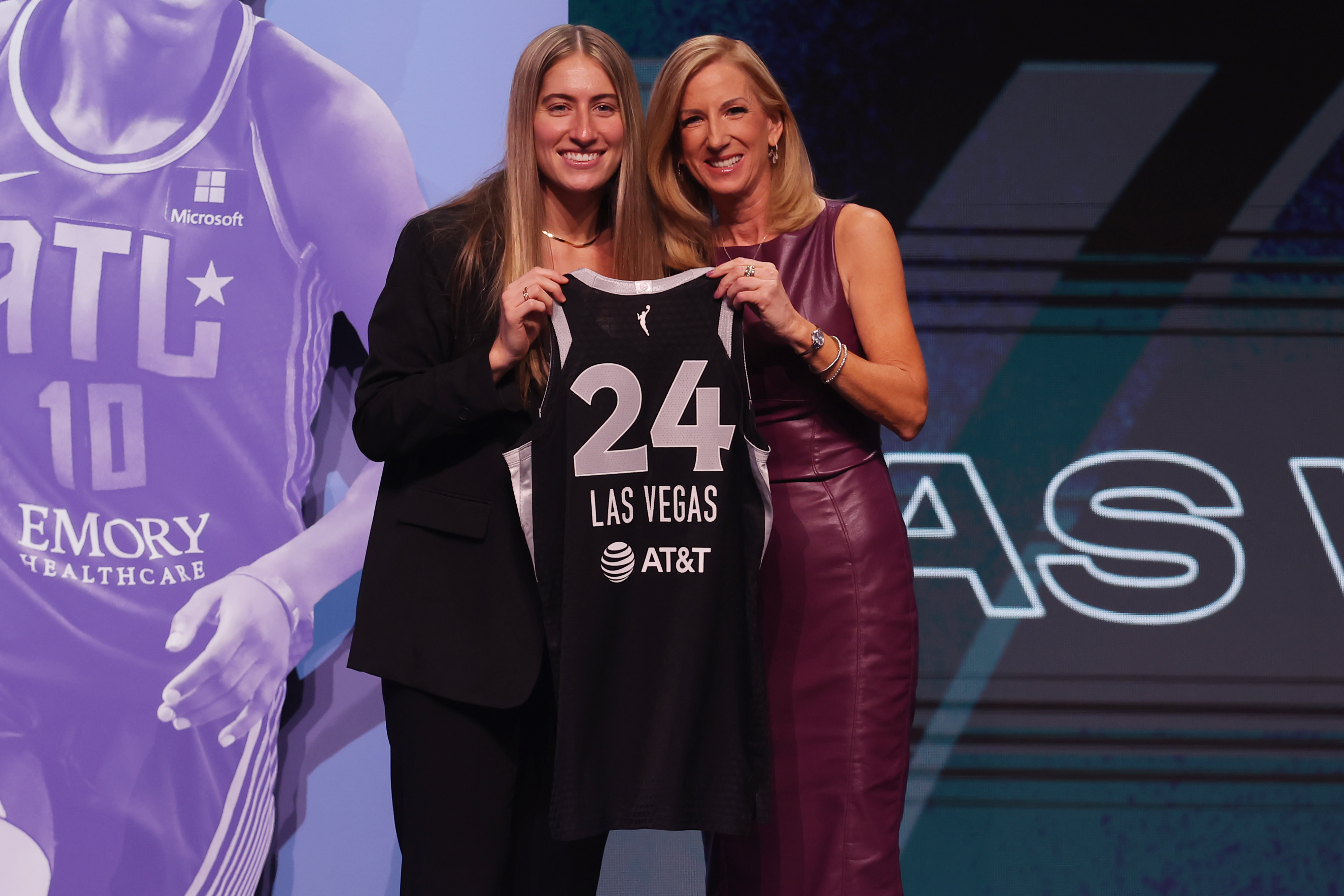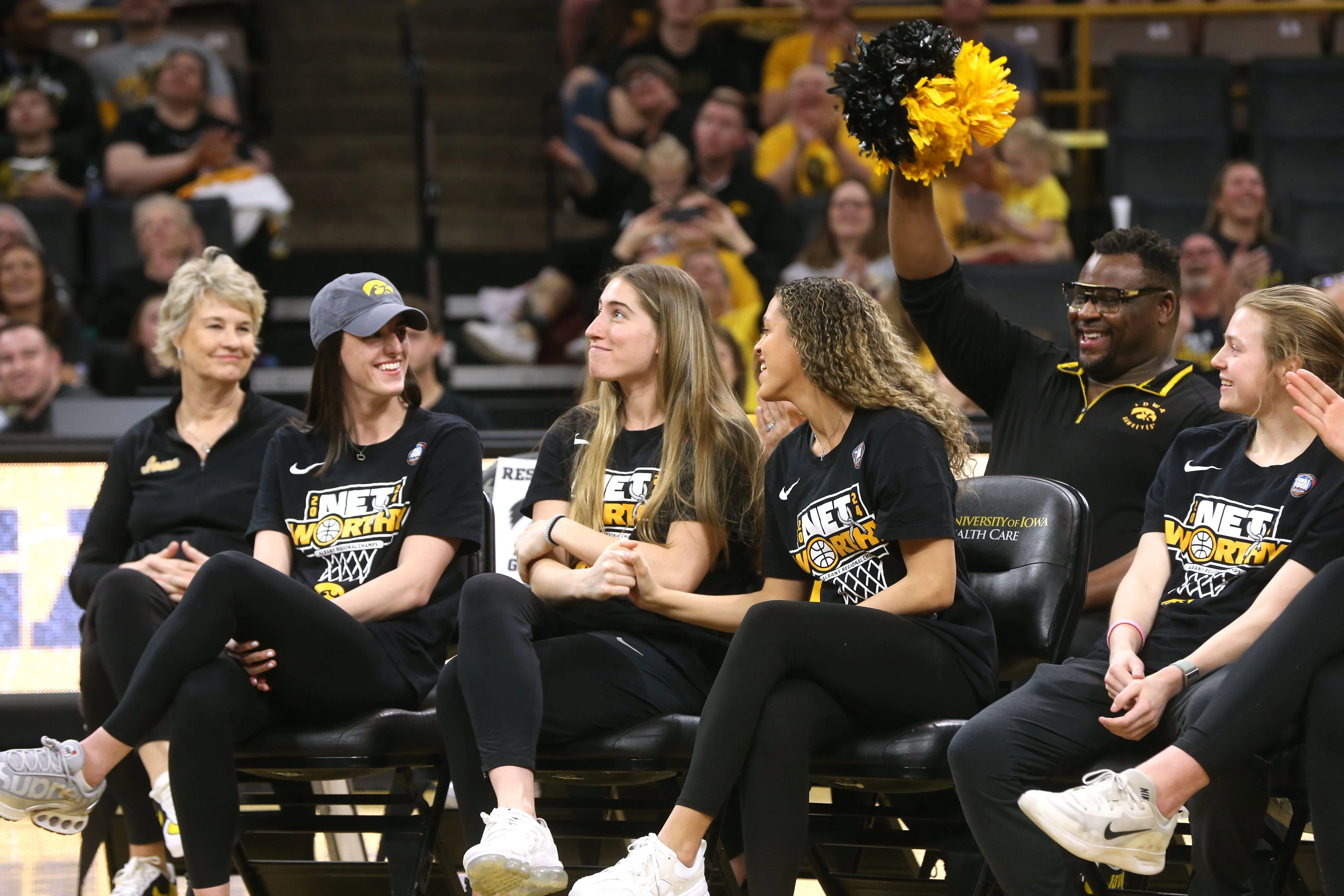
Spike Albrecht and Ricky Doyle are transferring from Michigan. And now they’re allowed to transfer wherever they’d like.
Michigan head basketball coach John Beilein caught tons of heat earlier this week, when after Albrecht and Doyle announced their transfers he placed restrictions on where they could go, prohibiting them from transferring to another Big Ten school or a team on the Wolverines’ schedule in either of the next two seasons.
Those decrees didn’t sit well with many, the national media scorching Beilein for putting the restrictions in place.
Stay in the game with the latest updates on your beloved Chicago sports teams! Sign up here for our All Access Daily newsletter.
Friday, Beilein reversed course and lifted those restrictions, though his statement made it all seem rather begrudging.
"After initially granting a transfer release for Ricky and a fifth-year graduate transfer for Spike consistent with the established norms regarding intraconference transfers, I am now removing all restrictions regarding their recruitment by other universities,” Beilein said in an announcement. “While I have concerns about the current transfer policies as well as potential effects to the landscape of collegiate athletics, we should do what is right for Ricky and Spike as they decide to further their education and basketball careers elsewhere.
"Ricky is an exemplary young man and has done everything we've asked of him. I applaud Spike on his upcoming graduation from Michigan and for continuing his diligent work to rehab his injuries. We do more than wish them well; we will assist and support them in the decision-making process.”
[MORE BIG TEN: Kendall Stephens exploring transfer from Purdue]
Big Ten
Albrecht is the main focal point here, a graduate transfer who has earned his degree with one year of NCAA eligibility remaining. This past season was expected to be his final collegiate season, but he missed the majority of the campaign after a pair of hip surgeries. Beilein doesn’t have room for Albrecht — and a requisite scholarship — on next year’s roster, so Albrecht can’t stay in Ann Arbor. A Crown Point, Ind., native, Albrecht understandably wants to continue playing in the Big Ten. Beilein wasn’t so hot on that possibility.
“Having a kid sit out a year is not like going to jail,” Beilein told Yahoo! Sports’ Pat Forde, whose column was one of the most attention-grabbing pieces criticizing Beilein. “It’s a slippery slope. I want what’s best for Spike but also what’s best for our program. You train a guy and develop him for four years and suddenly he’s the starting point guard at Michigan State?”
Now, as Michigan outlined, Beilein lifting those restrictions doesn’t automatically mean Albrecht will be suiting up for one of the Wolverines’ conference rivals next season. Albrecht still has to apply for and be granted a medical redshirt. Then he has to get a waiver from the conference that will allow him to transfer within the league and gain immediate eligibility.
But Beilein and Michigan went through this exact same situation a season ago with Max Bielfeldt. Beilein didn’t have room for Bielfeldt, and Bielfeldt successfully appealed to the school to allow him to transfer to another Big Ten school. The conference OK’d his situation, and Bielfeld joined the Indiana Hoosiers, helping them win a regular-season conference championship and earning Big Ten Sixth Man of the Year honors.
[SHOP BIG TEN: Get your Michigan gear right here]
Bielfeldt even had a playful tweet for Albrecht on Friday after Beilein lifted the restrictions.
Albrecht could be a coup of an addition for any team that lands him inside or outside the conference. He played big-time reserve roles in his first two seasons — memorably scoring 17 points against Louisville in the 2013 national championship game — and averaged 32 minutes a game during the 2014-15 season while Michigan’s star guards were sidelined with injuries, scoring in double figures in nine of the team’s final 11 games.
Doyle, meanwhile, just wrapped his sophomore season and has two more years of eligibility remaining. He will have to sit out next season, per NCAA rules, before starting with his new team. If he decides to transfer within the conference, he will sit out a year and lose a year of eligibility, meaning he’ll have just one left when he starts playing again.


